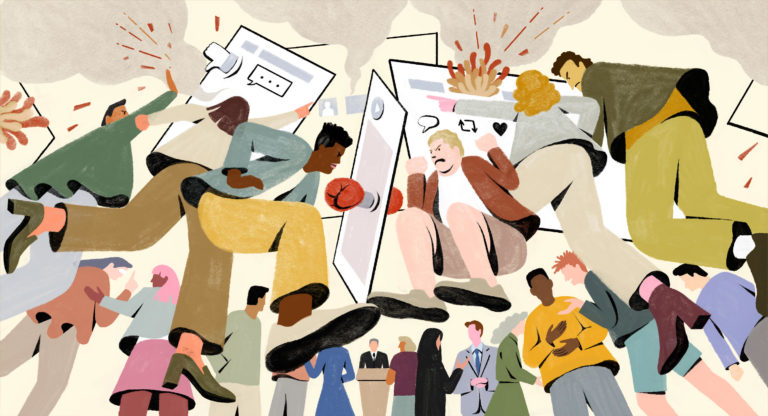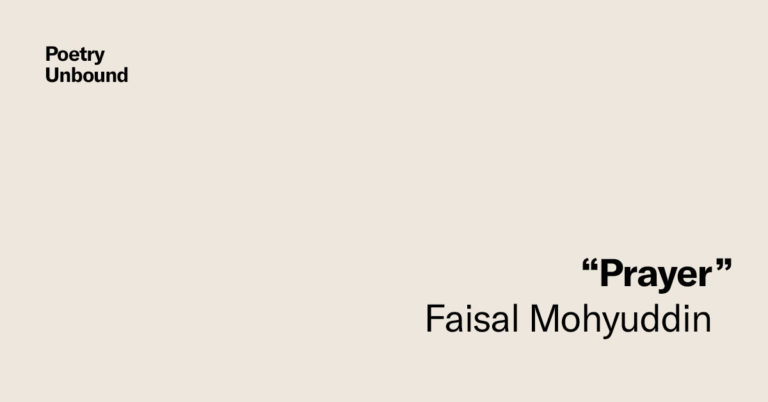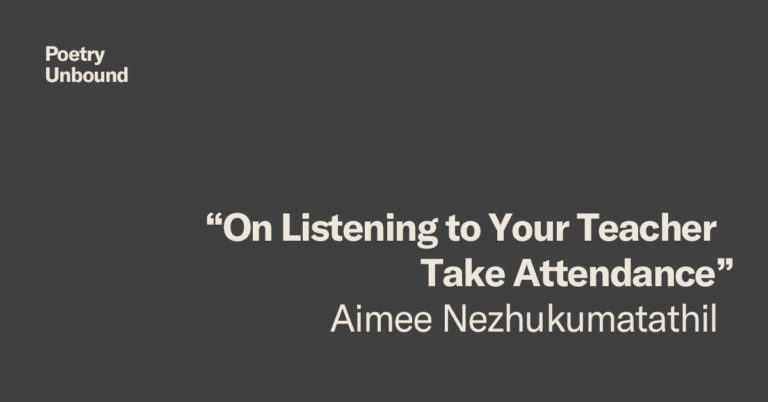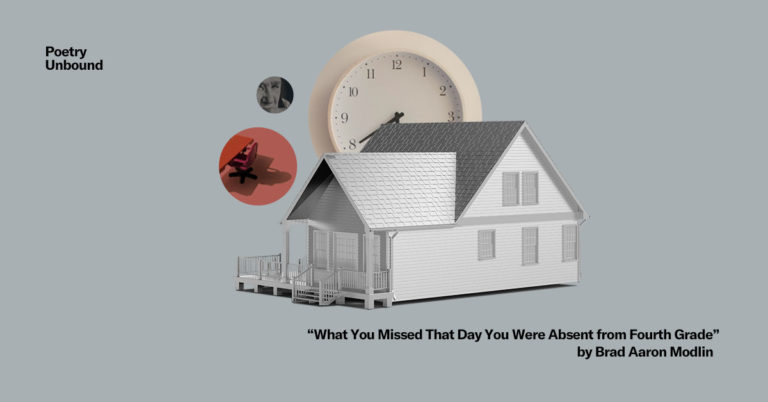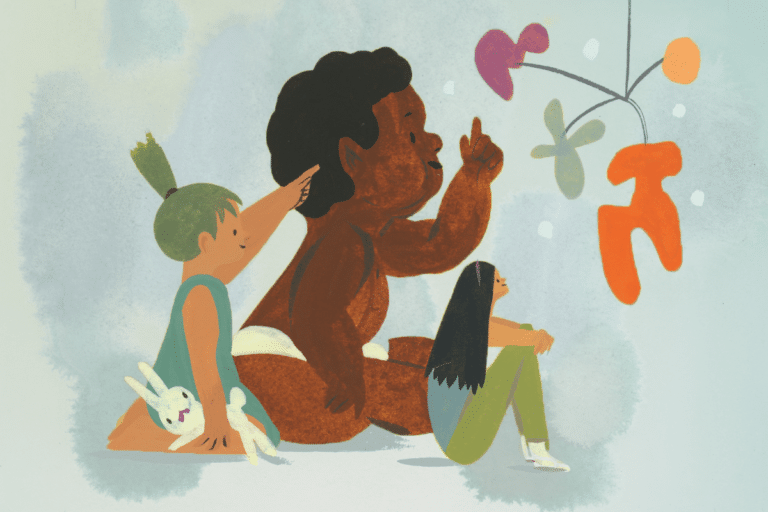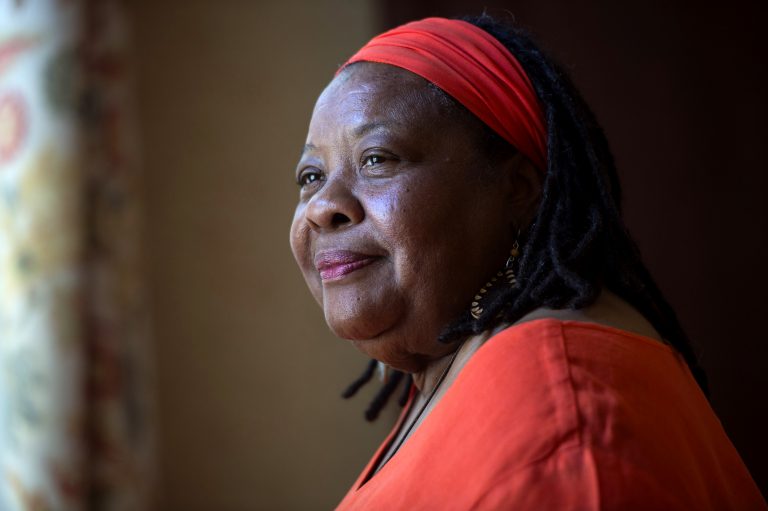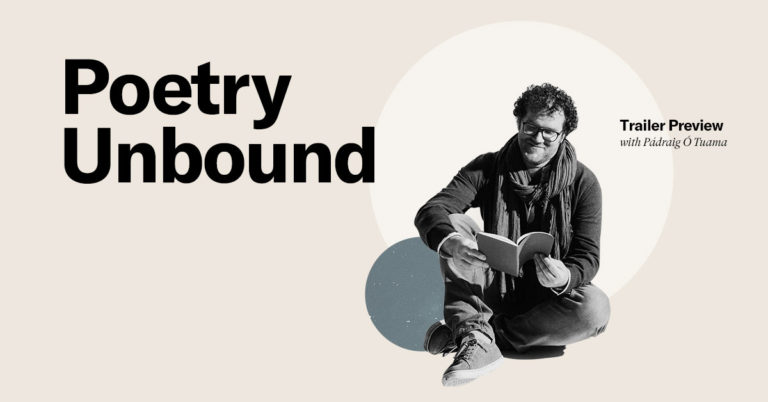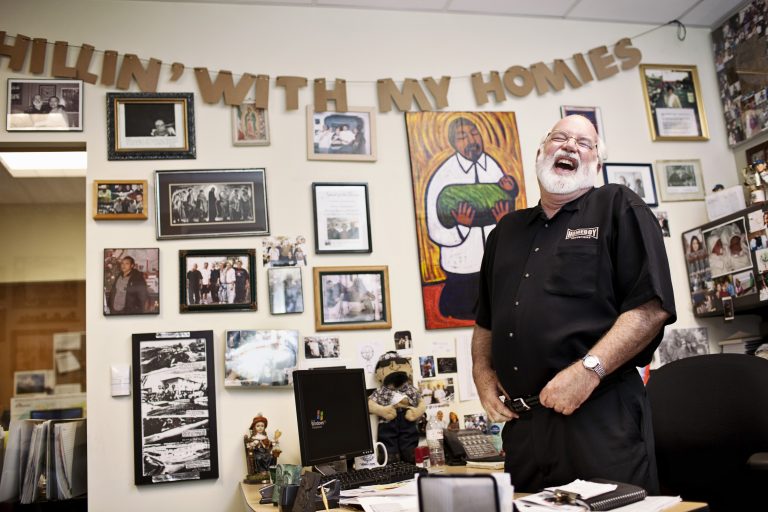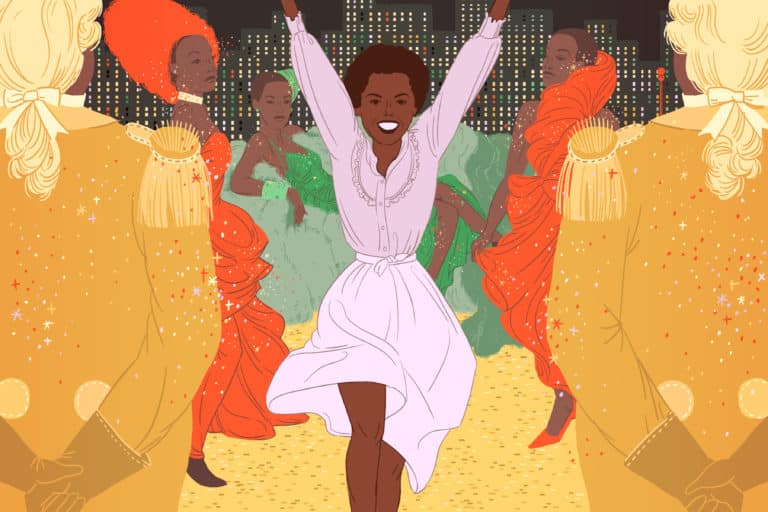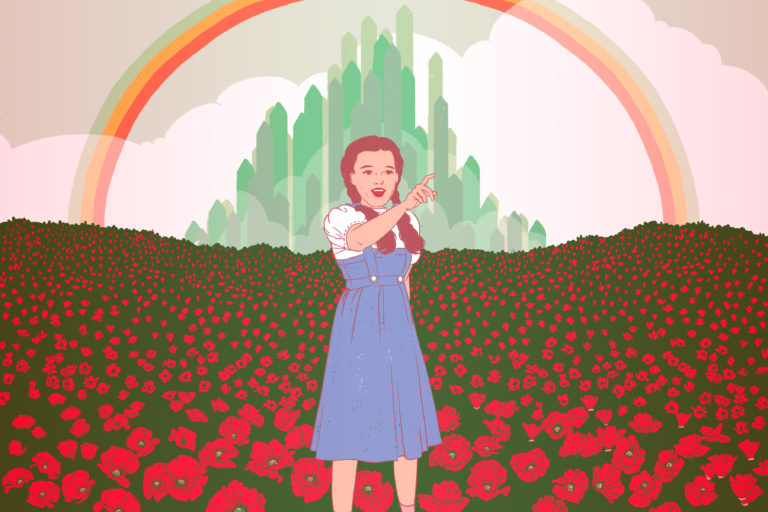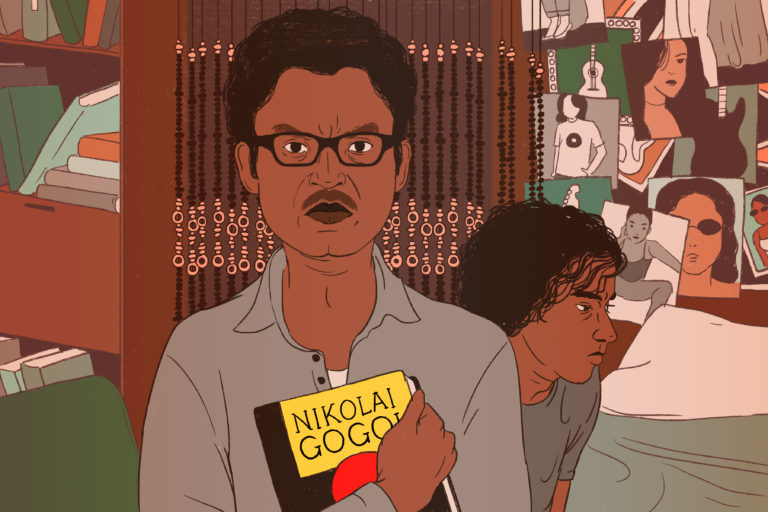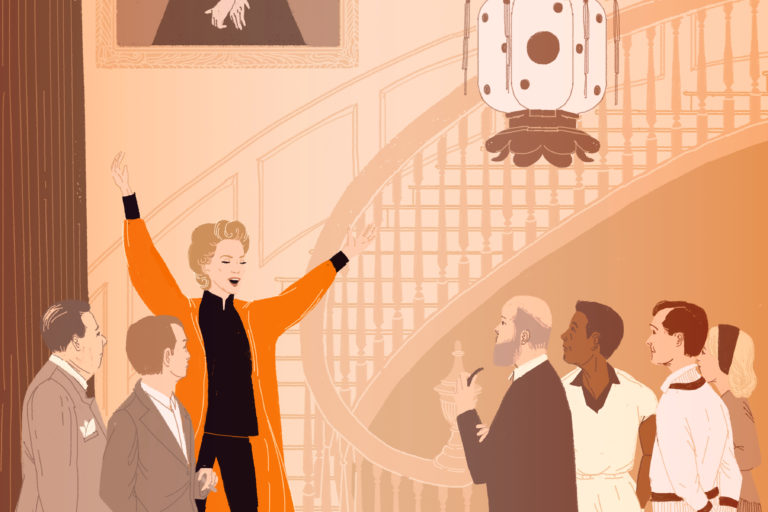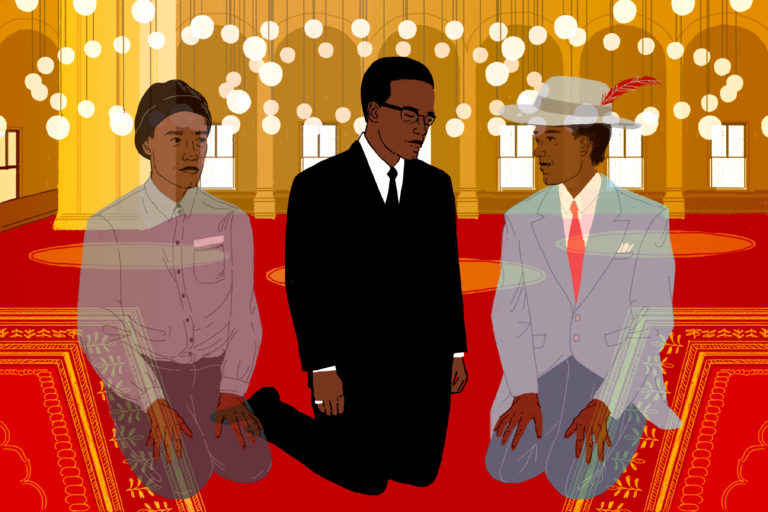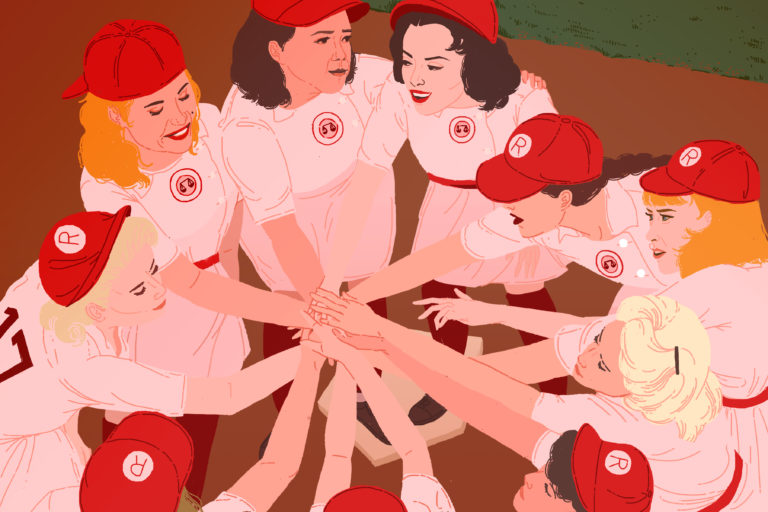February 6, 2020
Ezra Klein
How We Walked Into This and How We Can Walk Out
Journalist Ezra Klein has been widely interviewed about his new book, Why We’re Polarized. In this conversation, he’s frank and reflective about what’s at stake in human terms in this political moment. And he describes how we all — Democrat and Republican, journalist and citizen alike — walked into this as a way to trace our steps out of it.


